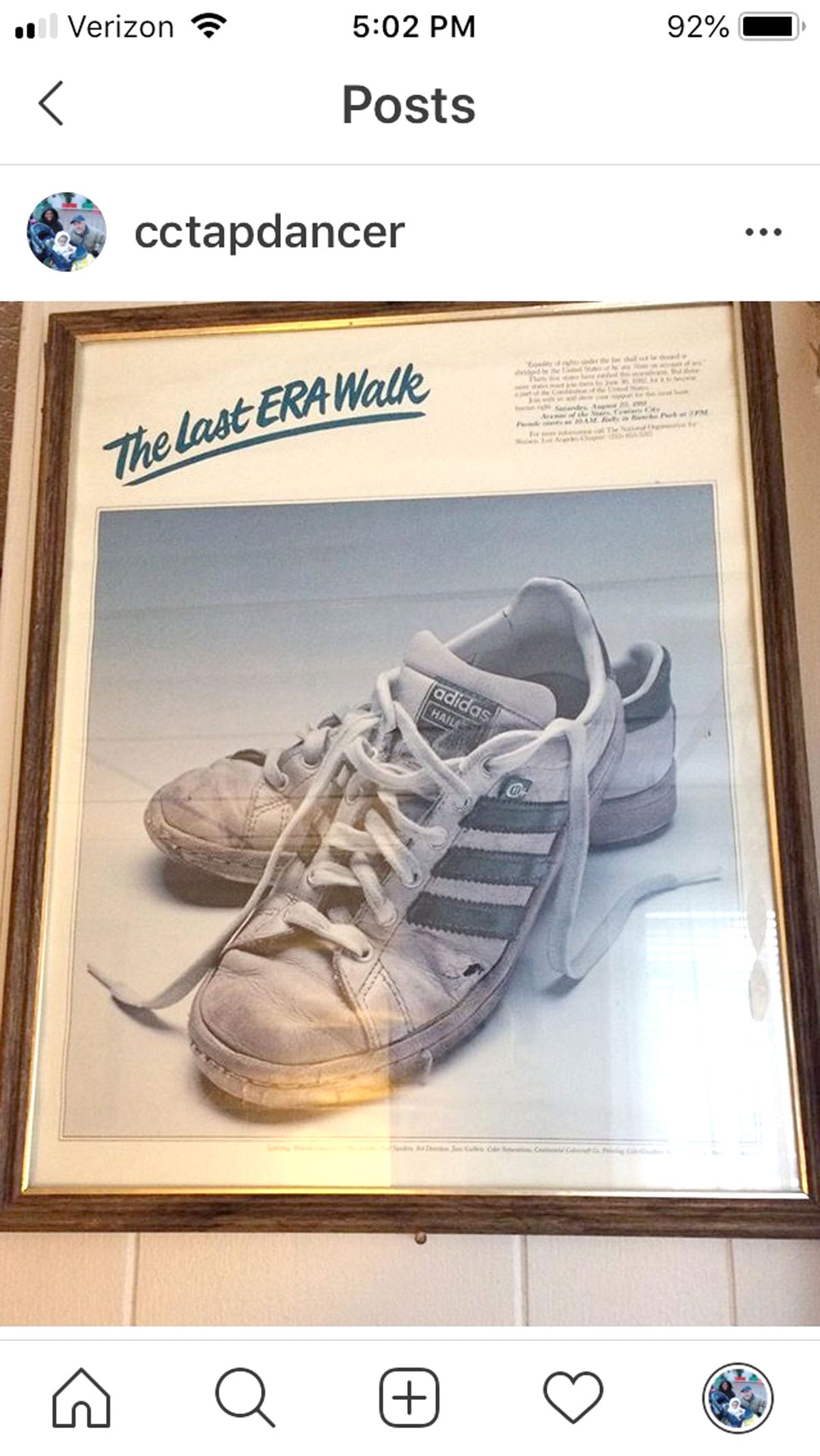“Equality of rights under the law shall not be denied or abridged by the United States or by any state on account of sex.”
We are far from sufficiently “woke” on the subject of race and racism in this country. But at least there are conversations about it, sometimes in public places, and sometimes among people who don’t look like each other.
There are still microaggressions, fragile feelings, resentment, disappointment, and exasperation about race and institutional racism. But at least there is some type of acknowledgement of past wrongs, no matter how minuscule.
Now, can we start a similar conversation about sexism?
I’m hardly an outlier on this matter. I had my #metoo moments four decades before the hashtag was invented. And with the intersectionality of both race and gender, let’s just say I’ve been toughened up enough to call people out on either affront.
Institutional sexism is just as pervasive as institutional racism, and it’s probably not helped by the fact that many of the victims are also perpetrators. A lot of women just don’t like each other.
I’m reminded by the casual way we allow misogynistic language and descriptions into our daily lexicon without challenge.
About a week ago, I overheard parts of a disagreement between two women on the street outside our offices here. I didn’t know, or care, what it was about, since it obviously didn’t concern me. But I noted a male colleague looked up from his desk and asked: “what is that cat fight about?”
This casual disrespect goes beyond harassing and intimidating young women on the street, condescendingly talking to women (mansplaining) on subjects where they know more than you do, or calling a group of mature women at a restaurant “girls,” as if that’s a compliment. And it’s beyond blaming and shaming women for their weight, their clothes, their looks, and how they move about the world.
Even our language is sexist. Use of a childish word for female genitalia is a description for being weak. But having a pair of gonads is supposed to denote strength. We won’t debate the reality that most men can be rendered incapacitated by a blow to the groin, or that women have, from the beginning of time, been able to deliver entire, fully-formed human beings through their genitals. Our traditional “values” say anything male is strong and anything female is not.
Look at the current race for the presidency.
We have several strong, competent, intelligent Democratic candidates. Many have good ideas and strong credentials and some are women. Full disclosure, my personal favorite is Sen. Elizabeth Warren, who seems to have a plan for everything. That’s comforting for people like me, who don’t believe that flying by the seat of your pants is a good way to go through life, much less run a country.
But what have people harped on (thankfully, less and less)? Her “electability.” One of my friends said her boyfriend, a liberal Democrat himself, didn’t like her voice. My friend herself said she didn’t seem presidential, with all her flailing.
Women are harder on each other than they are on men. When Sen. Warren and Sen. Amy Klobuchar each wore dark tops and red blazers (Sen. Klobuchar’s was more maroon), several people noted they dressed alike, as if what women wear is more important than what they think.
And then there’s the electability nonsense. When the person who has been in public service for decades, says she has prepared to be president of the United States, and the person who is elected with 53 percent of the white female vote, doesn’t prepare for anything and rules by chaos and Twitter, we have to stop and think why we devalue 51 percent of the population so much — even when we are part of that 51 percent.
When the Equal Rights Amendment (ERA) was last part of American women’s fight for full inclusion, conservative political activist Phyllis Schlafly led the movement that would have said simply that equal rights can’t be denied to anyone on the basis of sex.
Why would women want equal rights? Why would you want to be paid the same as a man for the same job when you can be paid less (last check, black women earned 61 cents for every dollar a white man made in the exact same job)? What if you’re drafted and sent to war? There was no draft even back in the early ’80s when this was being debated, and there are plenty of women who willingly are in the military and aren’t afraid of going into combat.
I was an idealistic young woman once. I walked in the last walk in California, to ratify the Equal Rights Amendment, which is still out there, waiting for the two-thirds majority of states to make it a law. I was certain then that the right side would win.
Nearly 40 years later, I’m optimistic again, although given the current administration, some days I think I have no right to be.
The ERA is back in the conversation. And although there’s still so much misogyny that we have tended to brush it away as if it were just another pesky fly buzzing around, there are enough of us willing to call it out and challenge the status quo.
But first, we have to get past our own doubts, fears, and acceptance of the status quo. We have to learn how to respect each other. And we have to learn how to like ourselves.

